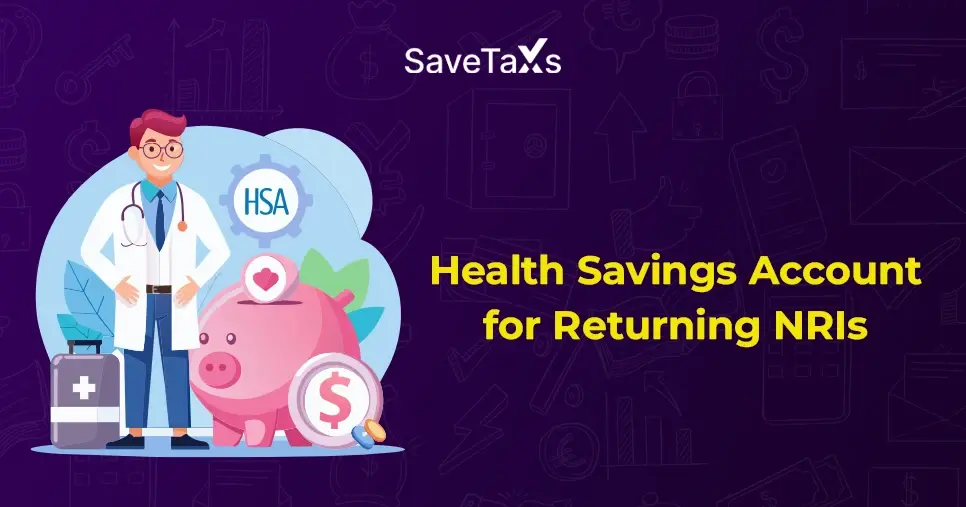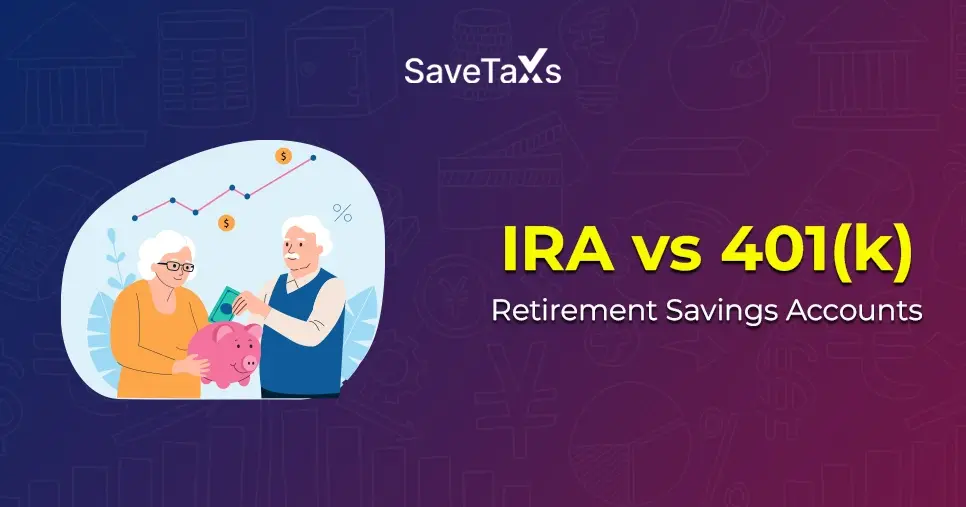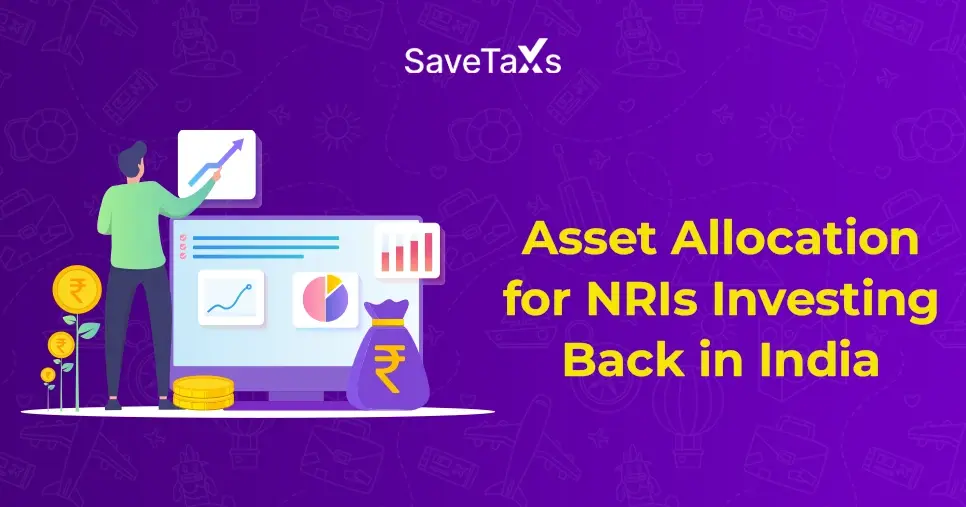- Who are NRIs?
- Rules for TDS While Renting an NRI Property
- Applicable Tax Rates on Rent Paid to NRIs
- How to Deduct TDS on Rent Paid to NRI Landlords
- How to File Returns on Payment Made to an NRI
- Penalties for Not Paying TDS
- Key Points for Tax Exemption on Rental Income for NRIs
- How to Apply for a Lower TDS Certificate (Section 197)
- Points to Remember
- Conclusion
Renting out a property in India is a common practice for NRIs (Non-Resident Indians) to generate income. However, the applicable tax for NRI landlords varies from that of resident Indians. Many NRIs and tenants are unaware of these differences, especially regarding TDS on rental income. Failure to comply can result in severe penalties. In this blog, we explain TDS on rent paid to NRIs, applicable rates, required forms, penalties, exemptions, and lower TDS provisions.
Who are NRIs?
A person who is of Indian origin or a citizen of India but does not qualify as a resident under Section 6 of the Income Tax Act is considered an NRI.
A person is treated as a resident if they meet either of the following:
- Stayed in India for 182 days or more during a financial year, OR
- Stayed in India for 60 days in the current year and 365 days during the previous four years.
Anyone who does not meet these criteria is an NRI.
Rules for TDS While Renting an NRI Property
Under Section 195, tenants who pay rent to an NRI must deduct TDS at the applicable rates.
✔ The base tax rate is 30% + 4% cess = 31.2%.
However, a surcharge may apply if the total Indian income exceeds the surcharge thresholds.
For most rental cases, 31.2% is accurate, but high-income NRIs may face a slightly higher effective rate.
✔ Key Rules
- TDS must be deducted regardless of the rent amount (unlike resident landlords).
- After payment, tenants must submit Form 15CA online.
- If total rent paid exceeds ₹5,00,000 in a financial year, Form 15CB (CA certificate) is mandatory.
Example:
Rent = ₹50,000/month
TDS = 31.2% = ₹15,600
Landlord receives = ₹34,400
Applicable Tax Rates on Rent Paid to NRIs
- Standard TDS rate = 31.2%
- Surcharge may apply at higher income slabs
- A Lower or Nil TDS Certificate under Section 197 can reduce this rate
Auto Set-off and carry forward losses with 100% Accuracy
How to Deduct TDS on Rent Paid to NRI Landlords
✔ Tenant must obtain a TAN (Tax Deduction and Collection Account Number).
(TAN is compulsory for NRI rent TDS, unlike resident rent TDS under Section 194-IB.)
✔ Steps:
- Obtain TAN through NSDL.
- Deduct TDS @ applicable rate and deposit via Challan ITNS 281.
- Deposit TDS by the 7th of the following month (for March, the due date is April 30).
- File Form 26Q (quarterly TDS return).
- Provide Form 16A (TDS certificate) to the NRI within 15 days after the due date.
Example
Rent = ₹8,000/month
TDS @31.2% = ₹2,496
Landlord receives = ₹5,504
How to File Returns on Payment Made to an NRI
TDS return due dates:
- For April–June 2025 → July 31, 2025
- Issue Form 16A within 15 days of filing the return
Penalties for Not Paying TDS
If TDS is not deducted or deposited:
Penalties include:
- Section 276B allows prosecution (3 months to 7 years).
- Section 271C levies a penalty equal to the amount of TDS not deducted.
Key Points for Tax Exemption on Rental Income for NRIs
Here are the cases when the tax on rental income is exempted for NRIs till a specific amount:
- 1. Certificate of Exemption (Section 197)
Under Section 197 of the Income Tax Act, NRIs can get a certificate of Exemption if their total income from India is under the exemption limit. This certificate allows the NRI to pay lower taxes or potentially be exempt from paying tax on rental income. The application for this must be made to the AO (Assessing Officer), who will determine the tax rate or exemption based on the NRI's situation. - Filing of Income Tax Return:
In case excess TDS has been deducted, the NRI can claim a refund by filing their income tax return in India. They can also report their rental income using this method and claim deductions under Section 24(b) (interest on home loan) and the standard deduction on rental income. - DTAA Benefits:
The DTAA is an agreement between India and other countries aimed at preventing taxpayers from paying tax twice on the same income. As per the rules of this agreement, if an NRI property owner's resident country has a DTAA, then they don't need to pay double tax on rental income from the property situated in India. Apart from relief from double taxation, they may also be eligible for several other benefits, such as special tax rates on income earned in India. Different countries will have different rules within this agreement, and more than 90 countries, including the USA, Canada, the UK, Australia, and Others, have such agreements with India.
More than 90 countries, including the USA, Canada, the UK, and Australia, have DTAA with India.
Stay compliant with Indian tax laws, claim deductions, and avoid penalties.
How to Apply for a Lower TDS Certificate (Section 197)
Under Section 197 of the Income Tax Act, an NRI can apply for a lower or nil TDS by getting a certificate that allows tenants to deduct TDS at a reduced rate or a nil rate based on the landlord's total income and tax liability. Follow these steps to apply for a TDS (Tax Deducted at Source) certificate:
- Collect Required Documents:
PAN, income evidence, bank statements, TRC, investment details, and property documents. - Provide Form 13:
Log in to the income tax e-filing portal, fill Form 13, and attach documents. - Verify the Digital Signature Certificate (DSC):
DSC verification is mandatory for this form. - Reviewing the Application:
The AO reviews the documents and determines the correct TDS rate, either lower or nil. - Certificate Issuance:
Once approved, a certificate is issued for reduced TDS for the financial year.
Points to Remember
- Tenants must submit Form 15CA before sending rent outside India.
- NRIs must report all income in their ITR along with TDS details.
- If annual rent exceeds ₹5 lakh, Form 15CB is mandatory.
- NRIs must file ITR by the due date, even if income is earned only through rent.
- If home loan interest exceeds rent received, the loss can be carried forward for up to 8 years.
- Rent must be received in the NRO account.
- If paid from an NRE to an NRE account (tenant + landlord both NRI), ensure proper documentation.
- For remittance, the NRI must obtain a CA certificate confirming taxes have been paid.
If you are renting a property in India, it is vital to check if the landlord is an NRI. This way, you can easily deduct TDS from the rent you pay and adhere to the Income Tax Act. Stay updated on any changes to tax rules and regulations.
Conclusion
To avoid legal issues and penalties, NRI landlords must clearly inform tenants about their NRI status. Tenants must correctly deduct TDS, file the necessary forms, and maintain proper documentation.
SaveTaxs offers expert NRI tax filing, TDS compliance, form handling, CA certification, and end-to-end assistance for hassle-free tax management.

Mr. Ritesh has 20 years of experience in taxation, accounting, business planning, organizational structuring, international trade financing, acquisitions, legal and secretarial services, MIS development, and a host of other areas. Mr Jain is a powerhouse of all things taxation.
- NRI Income Tax Refund Delayed Because Of PAN Name Mismatch? Know What To Do
- Penalty for Late Filing of Income Tax Return for NRIs
- What is a Tax Residency Certificate (TRC) and How to Get It?
- All You Need to Know About IEC (Import Export Code)
- Section 80EEA Tax Deduction on Home Loan Interest for Affordable Housing
- Section 195 of Income Tax Act - TDS Applicability for NRI
- What is Double Taxation Avoidance Agreement (DTAA)? How NRIs can Claim Benefits Under DTAA
- A Comprehensive Guide on the DTAA between India and the USA?
- What is the Double Tax Avoidance Agreement (DTAA) Between India and Singapore?
- How to Claim TDS Refund for an NRI?
Want to read more? Explore Blogs
Frequently Asked Questions
No matter what your source of income is, we've got you covered. There’s a plan for everybody!
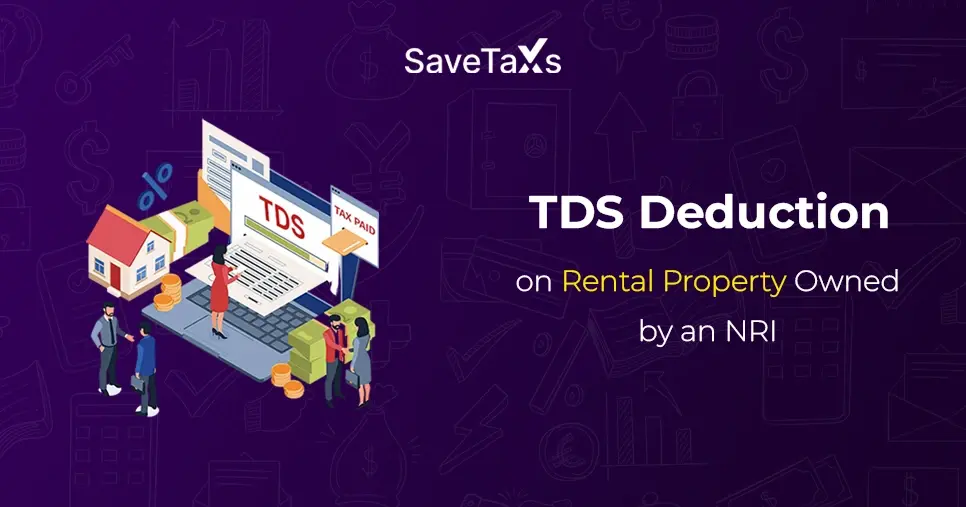

_1766644785.png)
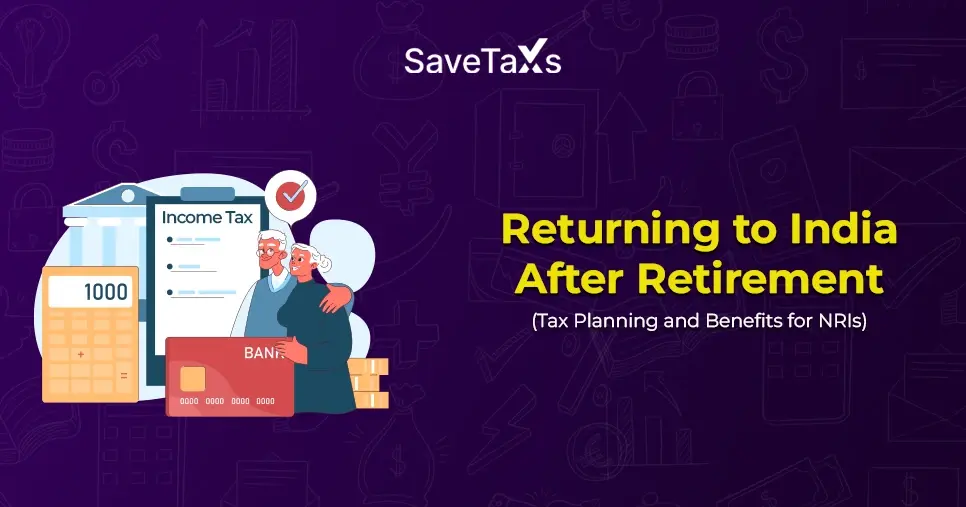

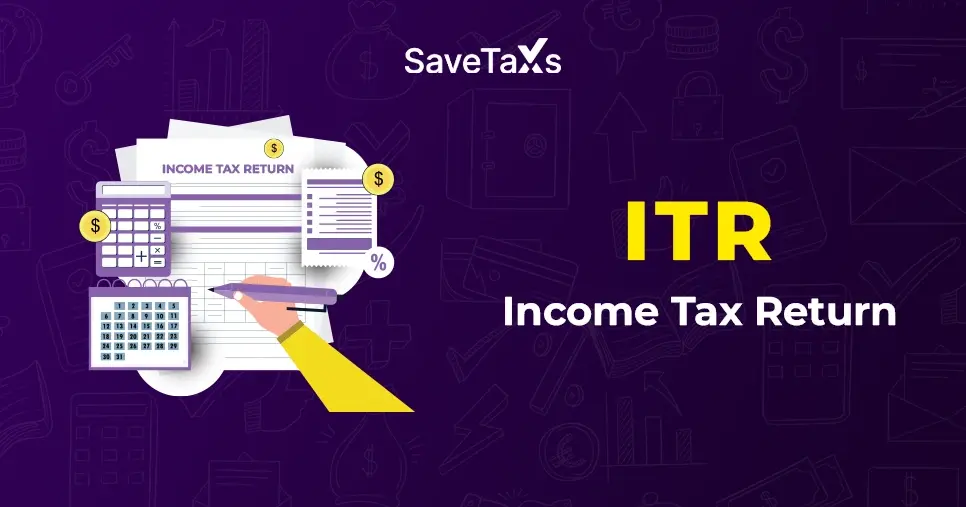

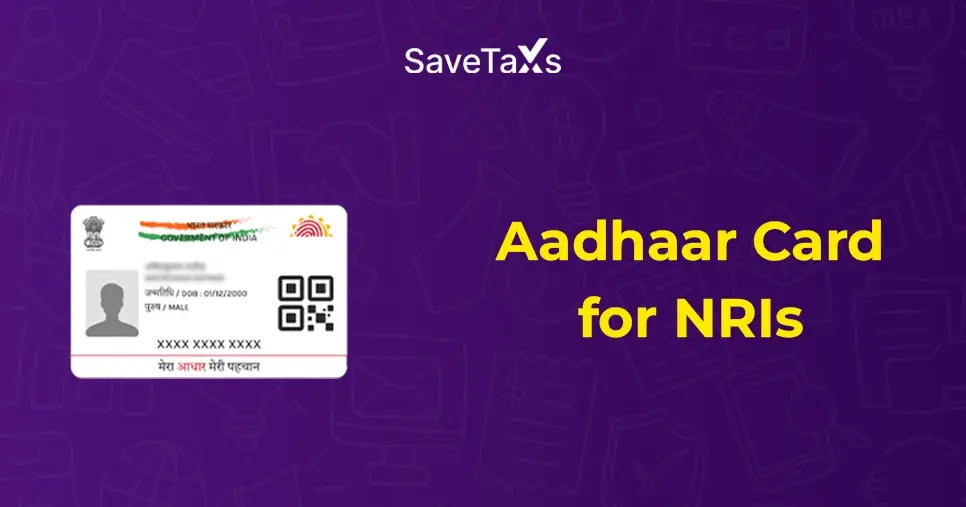
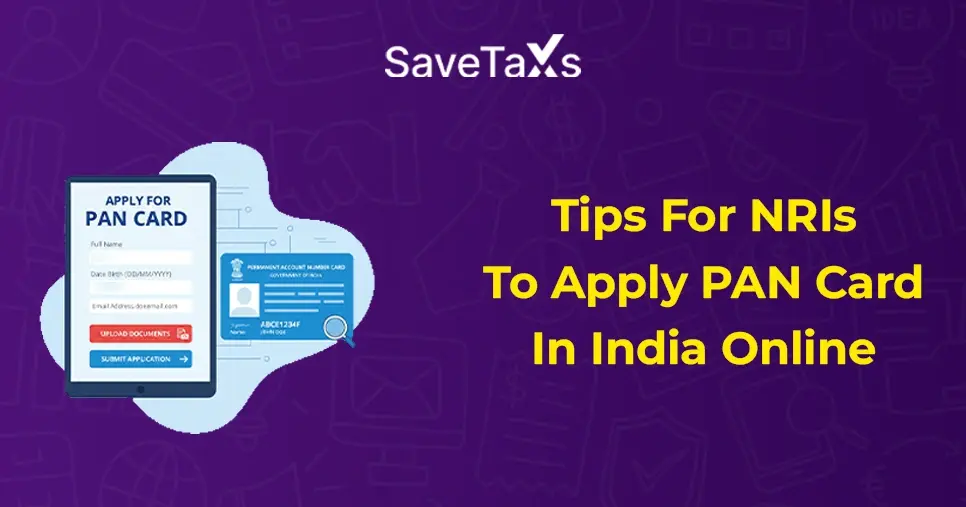
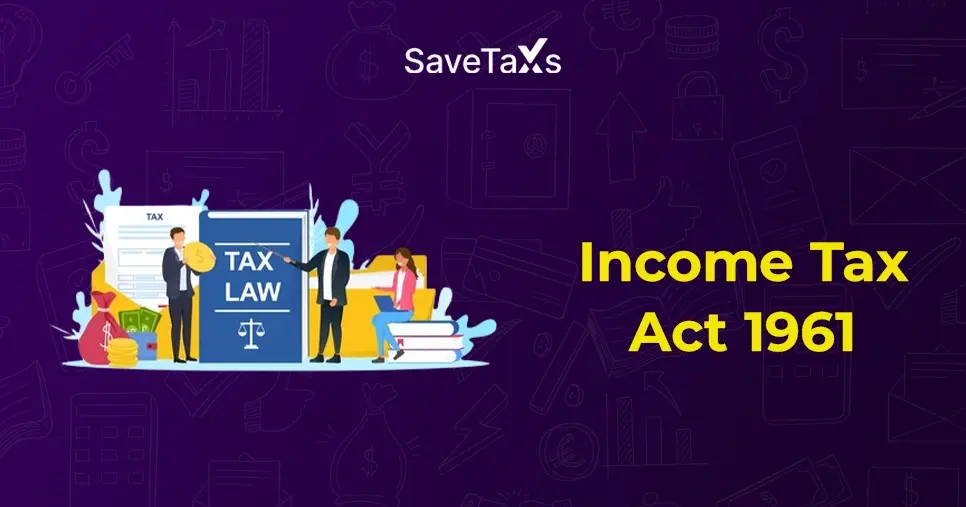
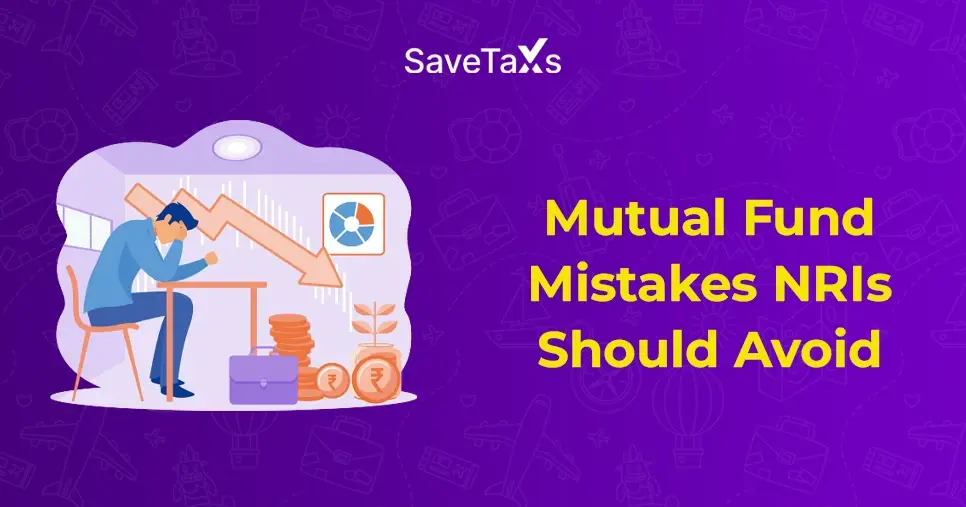
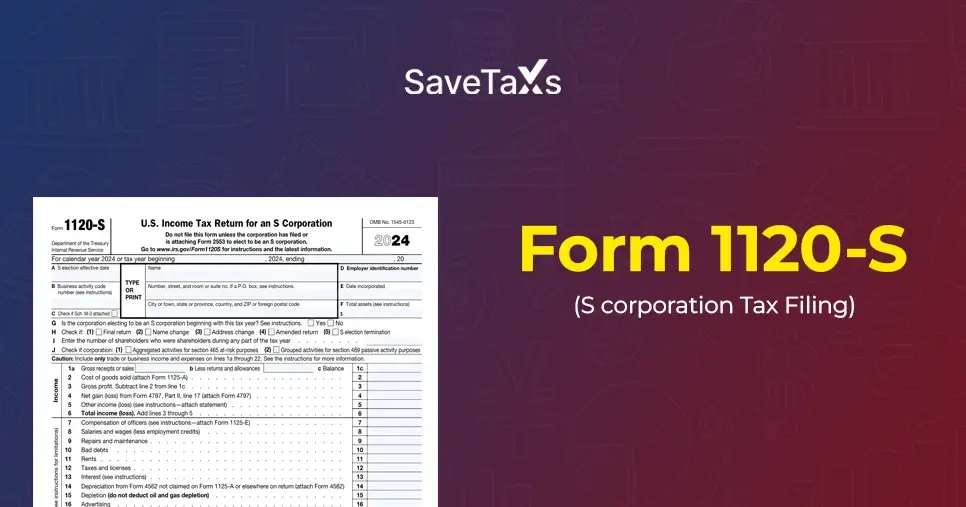
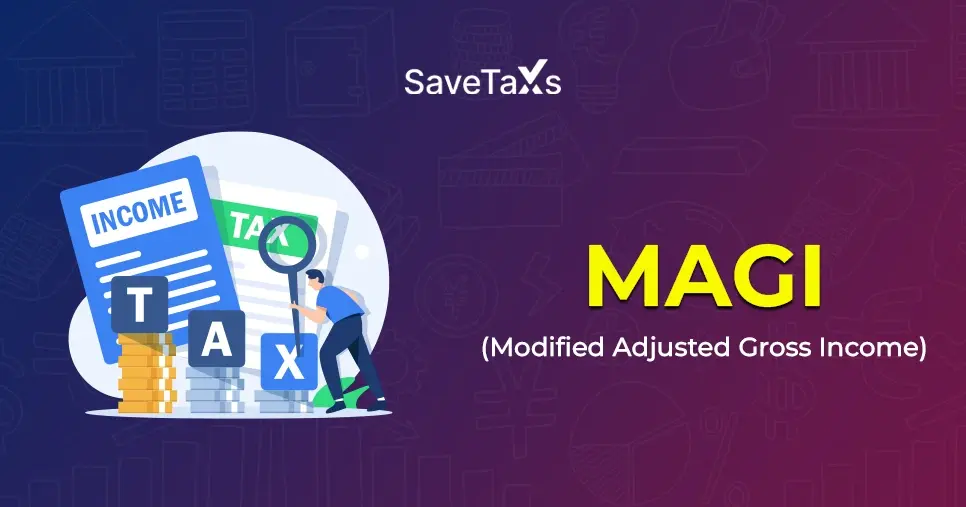
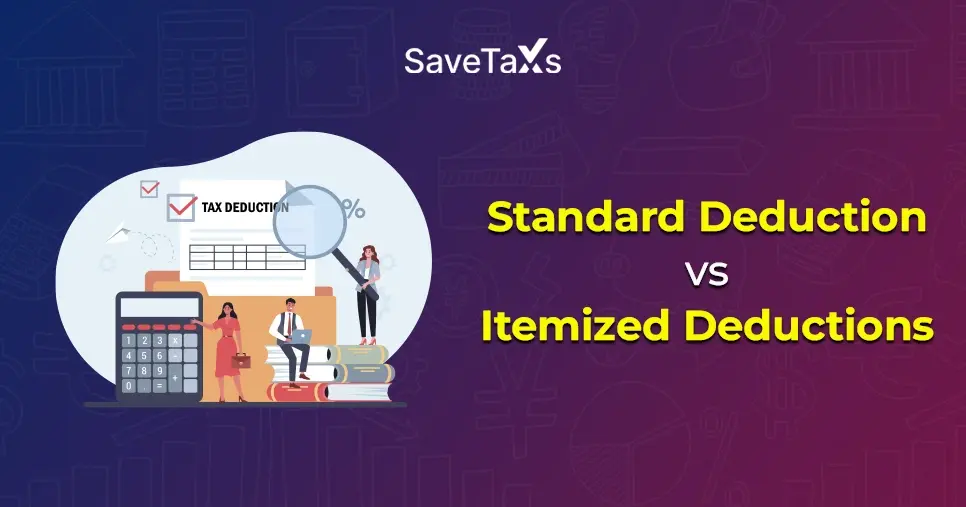
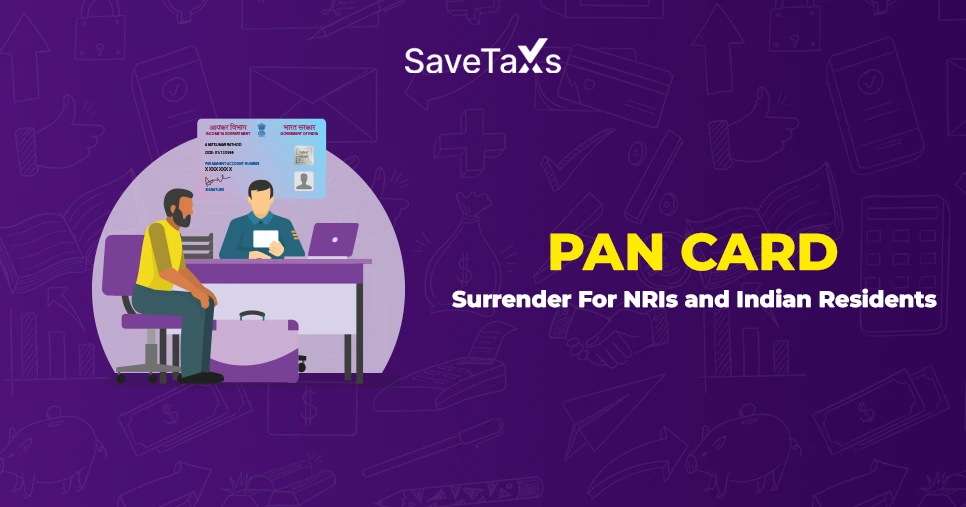
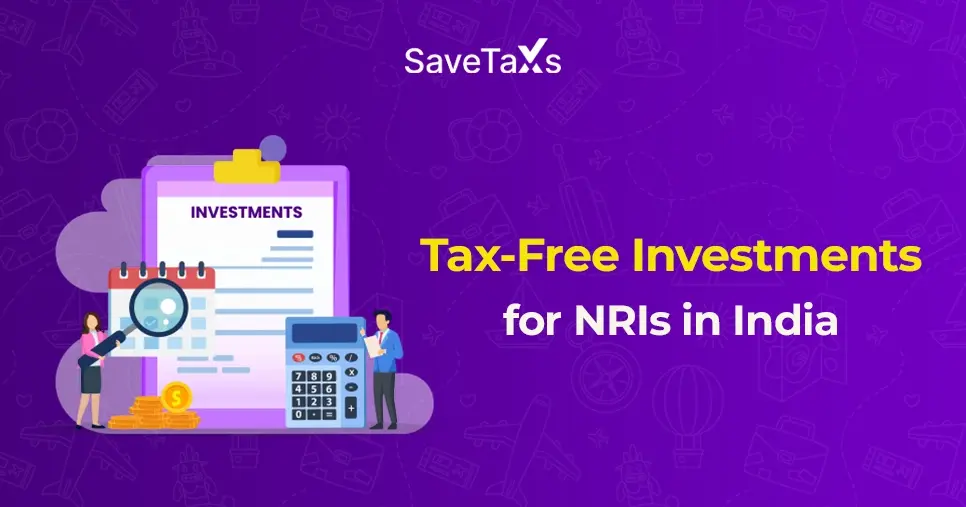
_1766492717.png)

